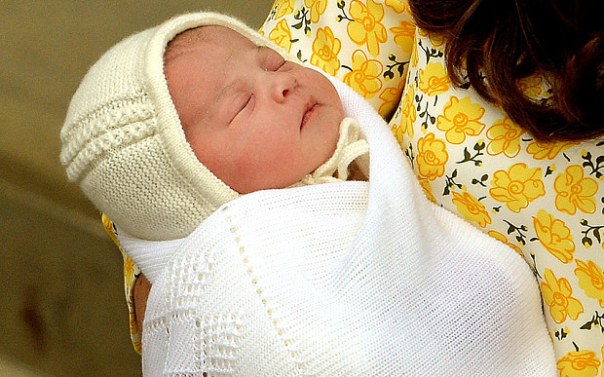Letztes Jahr war es für Groß-Britannien eine große Ehre, le Tour de France zu empfangen.
3 Etappen fanden in Yorkshire, Cambridge und London statt, und war der deutscher Radfahrer Marcel Kittel in den ersten und dritten Sieger.
Die ‘breakaway’ (= Ausreißergruppe) ist nicht nur bezüglich auf Straßenradfahren sondern für Briten auch auf Schokolade – es gibt ein leckere Schokoladenriegel mit gleichen Name!
Das Bild kommt von Yorkshire während le Tour – danke Lucinda Armstrong dafür!







